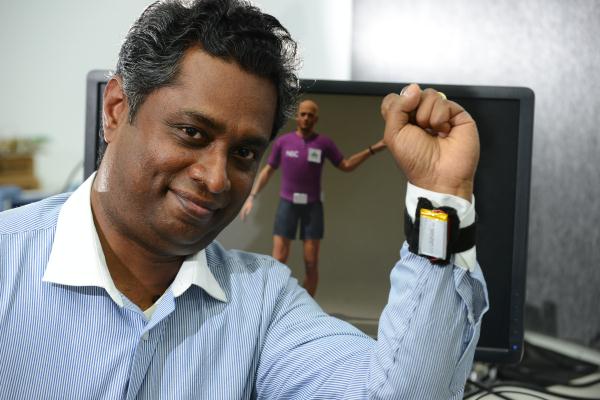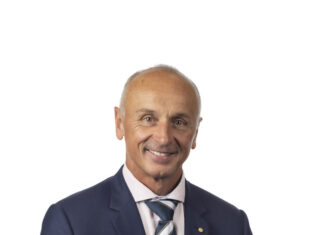By MICHELLE HERBISON
A study into wearable sensors’ ability to drive growth in the Geelong region’s IT sector will enable local companies to become market leaders in emerging technology, according to an MP.
Member for Western Victoria David Koch said State Government would contribute $60,000 to the $110,000 Regional Development Australia study.
Deakin University would contribute $40,000 and industry peak body ICT Geelong $10,000.
ICT Geelong director Craig Hill said wearable sensors played a part in a new growing global lifestyle phenomena called “quantified self”, enabling users to record, store, share and measure all physical activities.
“In 2013 over 15 million wearable sensors were sold globally and that’s expected to be 300 million in 2016. It justifies the path forward we’re going to take,” Mr Hill said.
Mr Koch said ICT Geelong would conduct the study to consider existing and expected advances in the technology including multi-sensors, battery life, accelerometers and implants.
The study would also identify commercial opportunities arising as the technology moved into the mainstream, he said.
“Wearable sensors are increasingly being used across health, aged care and sport to monitor performance and provide a range of valuable data about the human body but their full potential is just beginning to be explored.”
An ITC Geelong summary of the project said the technology would benefit from the NBN roll-out in areas such as remote patient monitoring.
Mr Koch said ICT Geelong would employ an experienced consultant to complete the work over 12 months, engaging universities and other research institutions, health organisations, government agencies and the private sector.
ICT Geelong would seek $6 million in Australian Research Council linkage grants by the end of 2015.









